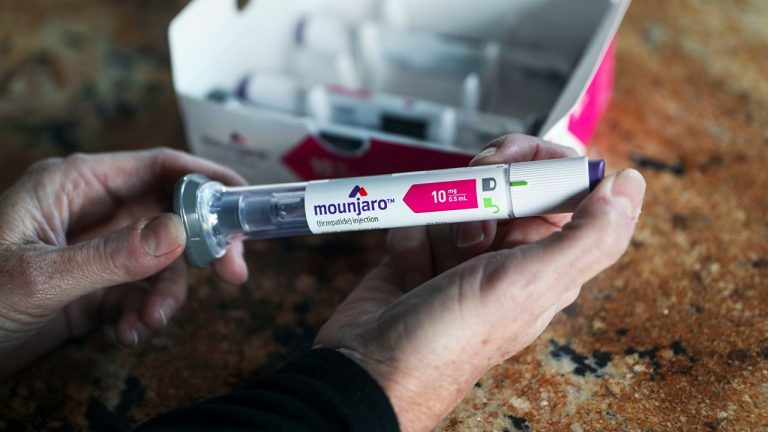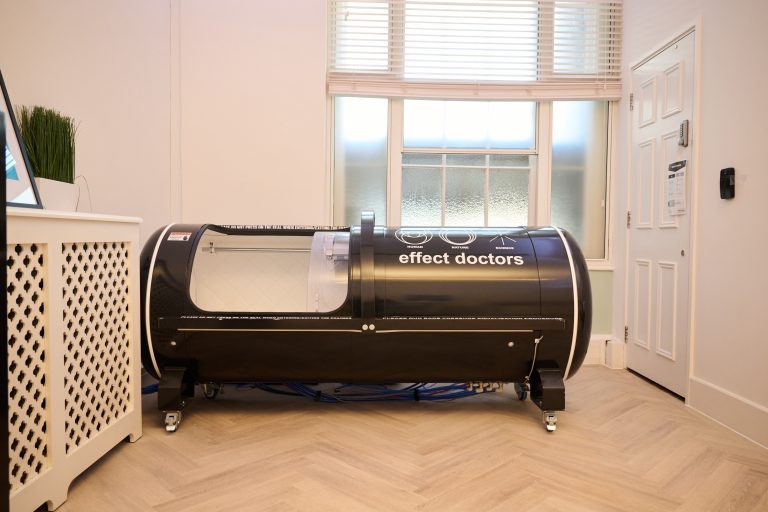Blog
Maintaining muscle mass while taking Mounjaro
21 February 2025
Why “Optimum” Is Not the Same as “Normal” When Measuring Iron Levels in Women
17 February 2025
What is ALA (Alpha Lipoic Acid)?
23 January 2025
The Benefits of Hyperbaric Oxygen Therapy
17 January 2025
Unlocking the Benefits of NAD+ IV Infusions: A Game-Changer for Cellular Health
03 January 2025
How To Keep Your Skin Healthy And Glowing In Winter
06 December 2024
The Benefits of CoQ10
29 November 2023
Curcumin IV Supplementation
02 February 2023
Vitamin C Supplementation: Oral and IV Methods Explored
02 February 2023
Our 5 Benefits of having NAD+ Therapy
15 September 2022
NAD+: Everything You Need To Know
14 March 2022
How To Increase Vitamin Absorption
17 January 2022
The Complete Guide To IV Therapy
23 November 2021
How to get rid of under eye wrinkles
25 May 2021
Best Sources of B12
02 April 2021
The benefits of biotin
16 March 2021
A closer look at our Iron Infusion service
21 December 2020
What can a blood test tell us?
02 December 2020
Symptoms of low Vitamin D levels
01 December 2020
What causes Iron deficiency?
25 November 2020
What Are the Symptoms of Low Iron Levels?
25 November 2020
















